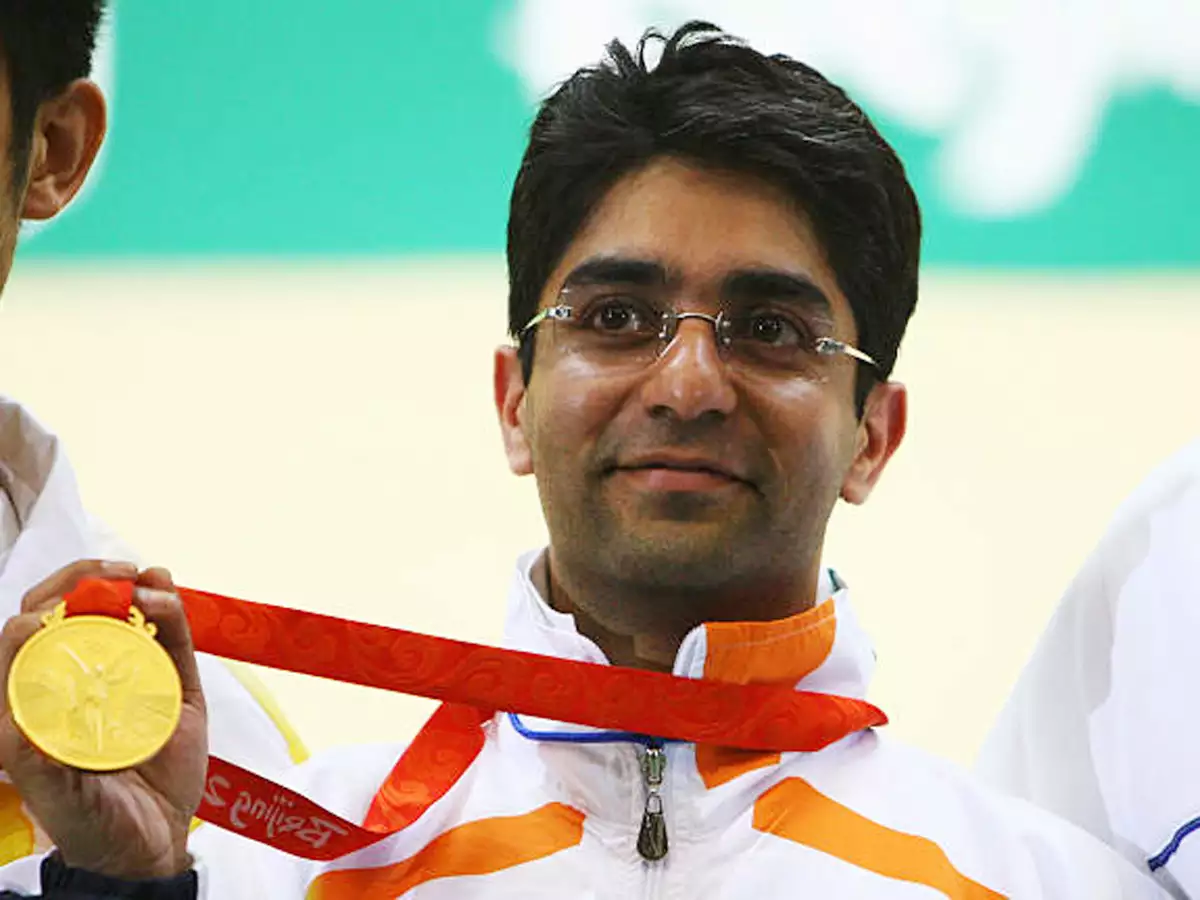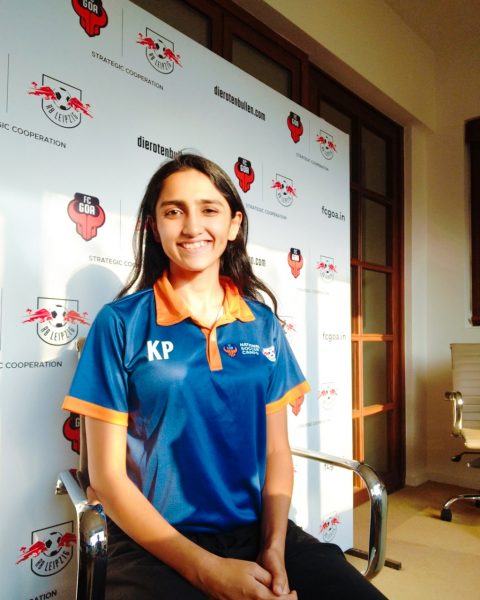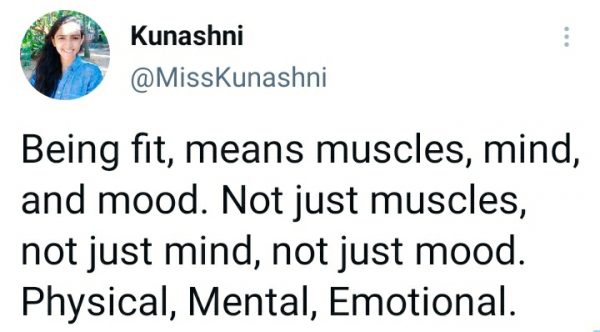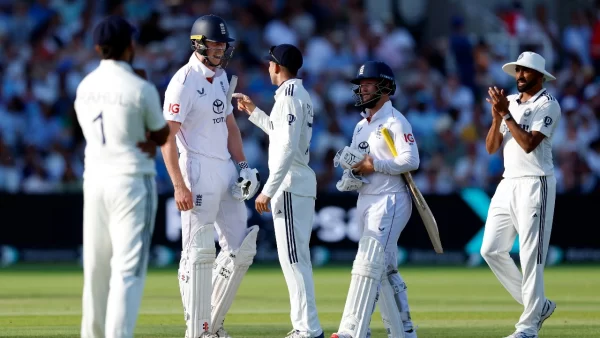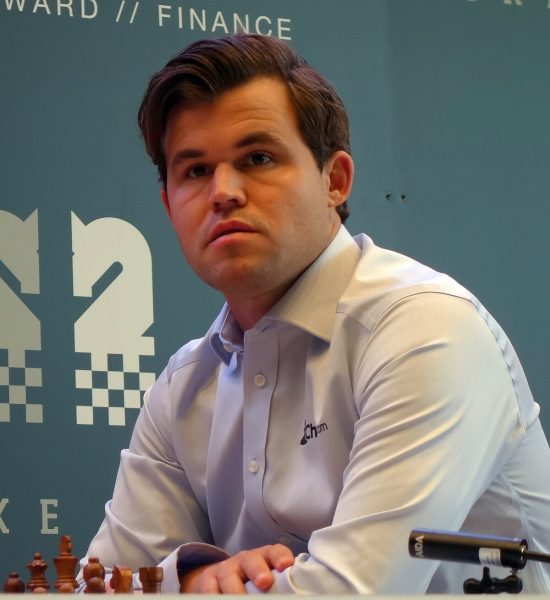Abhinav Bindra, India’s first individual Olympic gold medalist, is celebrated not just for his athletic prowess, but for his mental resilience and adaptability. His journey from a devastating setback in Athens 2004 to his historic victory in Beijing 2008 is a story that challenges us to rethink our approach to imperfection. Bindra’s secret to success was his choice to master imperfect conditions—a choice that ultimately transformed him from a contender to a champion.
The Setback that Changed Everything
In the 2004 Athens Olympics, Abhinav Bindra entered the finals with high hopes. But fate had other plans. During the competition, a loose tile beneath his feet caused subtle vibrations, throwing off his precision. In shooting, where every fraction of a millimeter counts, this seemingly minor flaw was enough to cost him the medal. By the time his coach identified the issue and lodged a complaint, it was too late. What might have felt like “bad luck” to others was, for Bindra, a turning point.
Rather than dwelling on the frustration of losing a medal due to external factors, Bindra chose a different path. In his own words, he committed to “the quest for adaptability—to try and be perfect on the imperfect day.” And with that decision, he set himself on a journey that would redefine his approach to the sport.
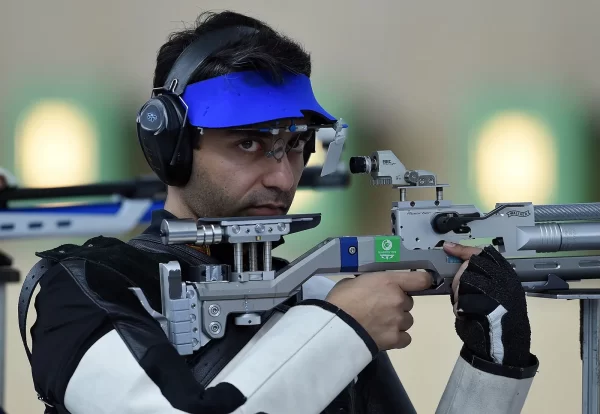
The Neuroscience of Adaptability
Bindra’s response to his setback wasn’t just strategic—it was grounded in neuroscience. Adaptability, especially in high-stakes environments, is a mental skill that involves training the brain to respond optimally under changing or adverse conditions. The prefrontal cortex, responsible for planning, decision-making, and emotional control, plays a crucial role in this adaptability training. By exposing himself to a variety of challenging conditions, Bindra trained his brain to remain calm and precise, even when the environment around him was anything but stable.
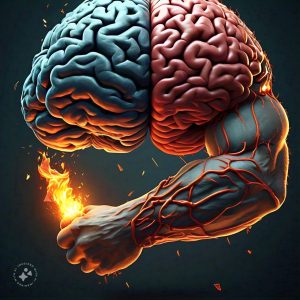
Turning Setbacks into Strengths: Training with Imperfection
Determined to prevent another situation like Athens, Bindra introduced a “loose tile” into his own practice range, deliberately replicating the imperfect conditions that had cost him the medal. This wasn’t just about dealing with discomfort—it was about training his mind and body to adapt to every possible scenario. Bindra expanded his practice beyond the loose tile, training in various lighting conditions, fluctuating temperatures, and other challenging setups that might disrupt an ordinary shooter.
This concept of training in imperfection builds resilience by strengthening the brain’s adaptability. Neuroscientifically, this kind of varied practice can lead to neuroplasticity, the brain’s ability to reorganize itself and form new connections in response to different conditions. By continually challenging his brain in unpredictable settings, Bindra became capable of maintaining precision and focus, regardless of the environment.
The Gold Medal in Beijing: Victory Through Mastery
By the time the 2008 Beijing Olympics arrived, Bindra’s training had turned him into a powerhouse of mental resilience. When he stepped onto the shooting range, he was prepared not only for perfect conditions but for anything the environment might throw at him. His intense preparation and adaptability training paid off when he claimed the gold medal, making history as India’s first individual Olympic champion.
This victory wasn’t just about athletic skill; it was about mental mastery. Bindra had transformed a previous setback into his greatest asset, proving that true champions are defined not by flawless conditions but by their ability to thrive in imperfect ones.
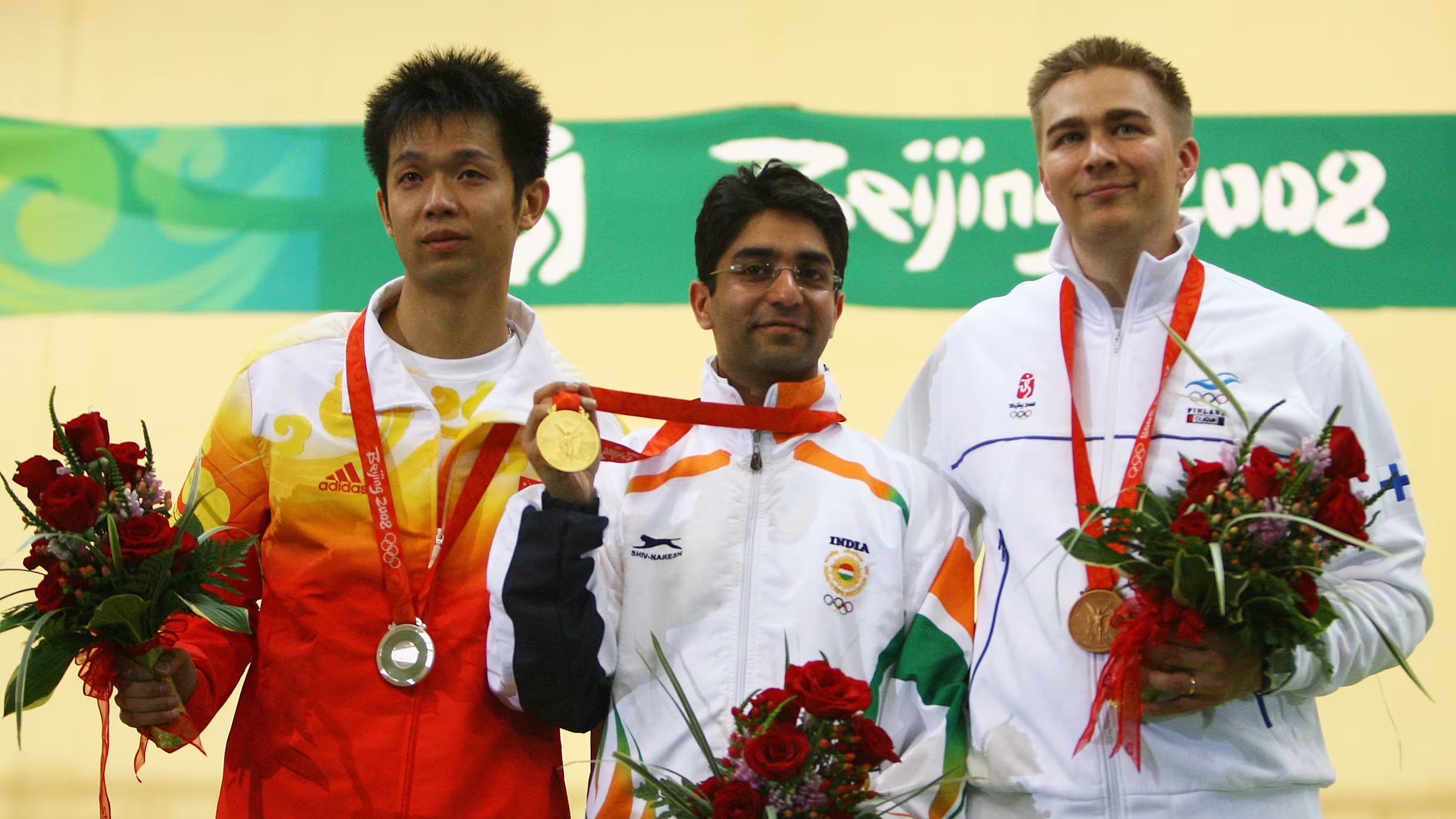
Applying Bindra’s Adaptability Technique: Train for Real-World Conditions
Bindra’s adaptability training isn’t exclusive to shooting; athletes in any sport can benefit from training in imperfect conditions to build resilience and confidence. Here’s how you can apply this technique to your own practice:
1. Identify Challenging Conditions: Write down a list of conditions that could disrupt your performance. These could be poor lighting, extreme temperatures, or distractions around you.
2. Recreate One Condition: In your next practice session, deliberately introduce one of these challenging elements. If you’re a runner, try running on a windy day or with minimal warm-up. If you’re a basketball player, practice shooting free throws with background noise.
3. Intentionally Vary Your Training: Each day, add a new challenge to your practice. Over time, you’ll build mental flexibility, preparing yourself for anything that might arise in a real game or competition.
4. Master Each Condition Gradually: Focus on one condition at a time, gradually expanding your comfort zone. The goal is not to perfect the environment but to perfect your response to it.
Just as Michael Phelps trained with water-filled goggles to simulate worst-case scenarios, Bindra’s technique of mastering the imperfect can help any athlete achieve mental toughness. This adaptability not only strengthens performance but also instills a sense of confidence, knowing that you’re ready for any situation.
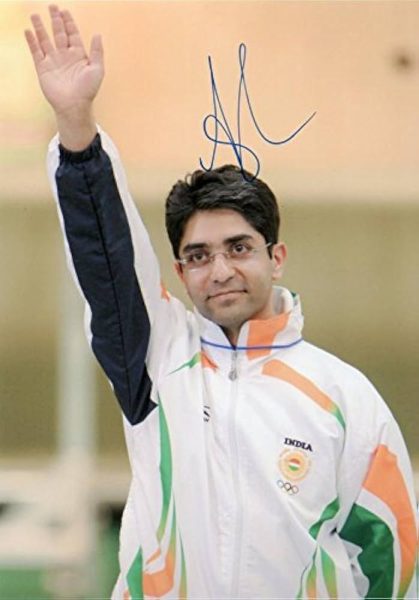
The Champion’s Mindset: Embrace Imperfection
Bindra’s journey from Athens to Beijing teaches us that true champions don’t wait for perfect conditions—they master the imperfect ones. In competitive sports, where every fraction of a second or slight miscalculation can make or break a performance, the ability to adapt is an invaluable skill.
Instead of fearing unpredictable conditions, learn to embrace them. Take every setback as an opportunity to prepare yourself more fully. When you train your mind to adapt, you set yourself up to perform with confidence and calm, regardless of the external circumstances.
Conclusion: Transforming Imperfection into Victory
Abhinav Bindra’s Olympic journey is a powerful reminder that setbacks can be catalysts for growth. By embracing imperfection and choosing adaptability, he achieved what no other Indian athlete had done before—claiming Olympic gold in an individual event. His story is an inspiring example for athletes across all sports: mastery isn’t about waiting for the perfect day; it’s about becoming the best on any day, under any conditions.
So, the next time you face a challenge, remember Bindra’s approach. Adapt, train under imperfect conditions, and build resilience. With every condition you master, you move closer to unlocking your full potential, just like Abhinav Bindra did on his path to Olympic glory.
If you want to train your mind. Then start today. Reach out for more help in Sports Psychology and Mental Training.

